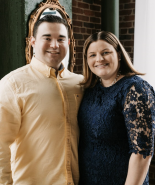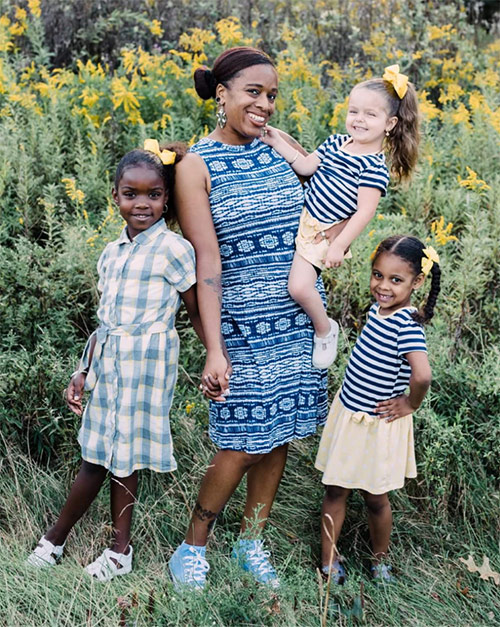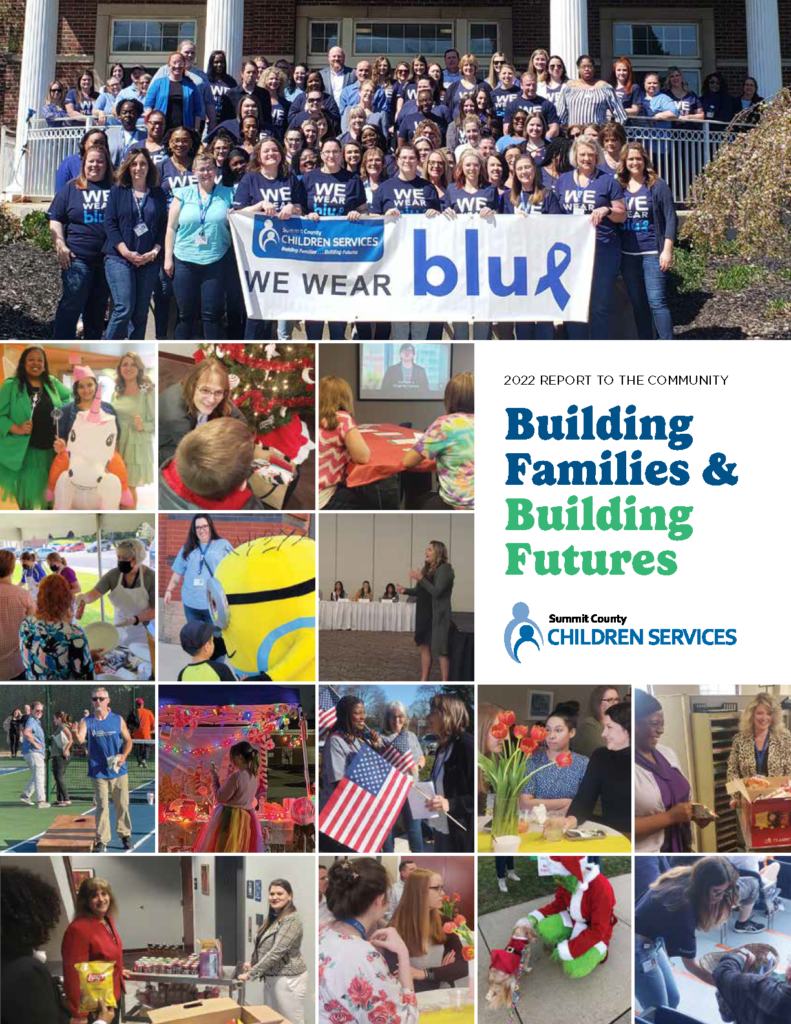FAQs – Frequently Asked Questions
The primary purpose of SCCS is to assess and investigate reports involving the safety and well-being of children. Because SCCS believes in family preservation and that all children deserve a safe, stable and permanent home, SCCS will:
- Intervene only where necessary and only to the proper degree.
- Assess the community’s concerns of abuse and neglect focusing safety, risk and family strengths.
- Serve as partners with families and in teamwork with partner agencies in the community.
- Actively engage families, and their extended families and supports, in the decision-making process.
- Diligently work towards reunification when a child must be removed from home.
- Seek permanent homes for all children who cannot safely return to their parent or guardian.
- Remain mission-focused in its everyday work.
- Recruit and maintain diverse staff committed to serving all children and families.
- Approach its work with integrity, ethics and compassion
- Be fiscally responsible.
The first step in helping abused or neglected children is learning to recognize the signs of child abuse and neglect. The presence of a single sign does not necessarily prove child abuse or neglect has occurred, but a closer look at the family situation may be warranted.
You may make a report by calling SCCS’ 24-hour child abuse and neglect hotline at (330) 434-KIDS (5437) or contacting your local law enforcement agency. For child abuse or neglect emergencies, call any time during the day, night, weekends or holidays. Individuals calling SCCS from within Summit County may call collect.
IMPORTANT! If you suspect a child’s safety or well-being is at risk or in danger, please call 911. You should never make a report of child abuse and neglect to SCCS online or through email or any social media platform … always call the 24-hour Child Abuse and Neglect Hotline at (330) 434-KIDS (5437).
No! Once you know of or suspect child abuse or neglect, it must be reported immediately. The proper authorities will assess the matter.
When a child reports abuse or neglect to you, it is very important that you listen without expressing anger or disbelief. Children first need to know that they are believed and that the abuse or neglect is not their fault. Listen attentively and ask only open-ended questions, like “then what happened?” If possible, determine what happened, where and when it happened, and by whom. This is sometimes called a “minimal fact” interview. However, do not ask leading questions or try to draw out information, even if you are certain you know the answers. This can re-traumatize the child and contaminate the investigation. Do not attempt further investigation on your own – and especially do not investigate physical signs. Make a report immediately to law enforcement, SCCS, or both. Do not make false promises to the child like keeping the disclosure confidential. Trained case workers need to gather facts and details, and this may involve talking to the child. You do not need to have proof of sexual abuse to make a good faith report, only reasonable suspicion that it has occurred.
At a minimum, you will need to provide the name, address, and age of the child, the name(s) and address(es) of the parents or guardians, and the nature of the abuse. The name of the perpetrator and the relationship to the child as well as any other details of the abuse are helpful, but if the child does not readily supply this information, do not continue to question or investigate further. Law enforcement or SCCS casework staff will perform the assessment/investigation, and you can add details to a report if they later become available. You are entitled to follow up at any point on a report to child protective services, which must provide you with current investigation status.
Yes! The reports and the identities of those who make the reports are confidential by law. However, if a case proceeds to court, you could be called as a witness.
Your report of suspected child abuse or neglect will be reviewed by trained social workers to determine if the allegations meet the legal definition of abuse, neglect or dependency. SCCS’ objective is to protect the child and provide services to the family aimed at reducing stress factors which resulted in child abuse or neglect. If necessary, SCCS will initiate Juvenile Court action to protect the child. Law enforcement will determine whether there is criminal culpability requiring prosecution and, when indicated, shall initiate criminal prosecution.
If a mandated reporter fails to report abuse or neglect to SCCS or to a law enforcement agency, that person could be charged with a misdemeanor of the fourth degree punishable by up to thirty (30) days in jail and/or a fine up to $250. If the child is under the direct care or supervision of a mandated reporter, that person fails to report abuse or neglect, and the child suffers an injury, then the offense could be a misdemeanor of the first degree. In addition, civil liability may also exist.
If a person makes a report in good faith, that person is immune from civil or criminal liability.
A person who knowingly makes a false report to SCCS could be charged with a misdemeanor of the first degree.
It is best not to contact parents about your suspicions before making a report. Doing so could result in retribution against the child, destruction of evidence, or temporary removal of a perpetrator from the home. Under some conditions you may need to maintain open communication with the parent. When this happens, never accuse a parent of wrongdoing and explain that you are legally responsible to report.
Not necessarily. SCCS cannot interview a child without the parent(s) consent, unless:
- There is credible information indicating the child is in immediate danger of serious harm.
- The child will be in immediate danger of serious harm upon returning home from school.
- There is credible information indicating the child may be intimidated by discussing the allegations at home.
- The child requests to be interviewed at school due to one of the circumstances listed above.
If a report is assigned for an assessment/investigation, SCCS is legally obligated to respond to it. Case response time is 24 to 72 hours depending on the case.
SCCS works hard to keep children safe and in their own homes. However, due to safety concerns, there are times when children may need to be temporarily removed. In those instances, SCCS will place children with relatives or close family friends first. If that is not possible, they will be placed in the least restrictive placement available.
Ohio and federal law provides specific safeguards for your rights while you are receiving services from SCCS. Additional questions or concerns you have regarding your rights can be discussed with the Liz Mangon, the Client Rights Officer. She can be reached at (330) 379-2087 or at [email protected].
No. By law, this information is confidential and cannot be shared.
To learn your caseworker’s contact information, call SCCS at (330) 379-9094.






